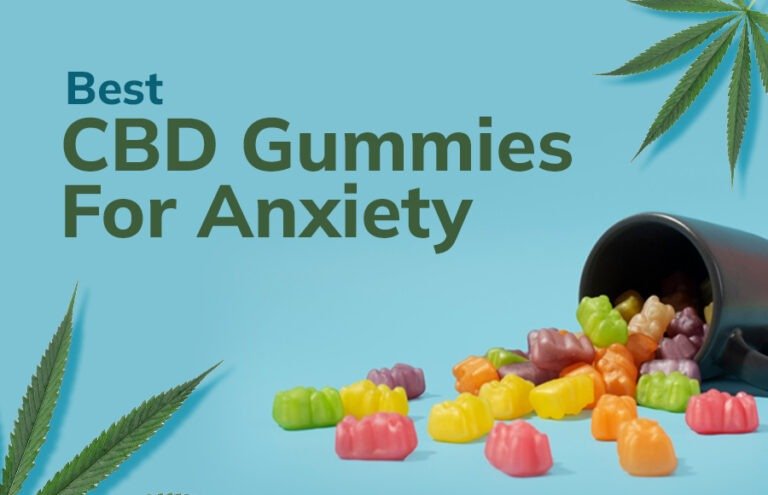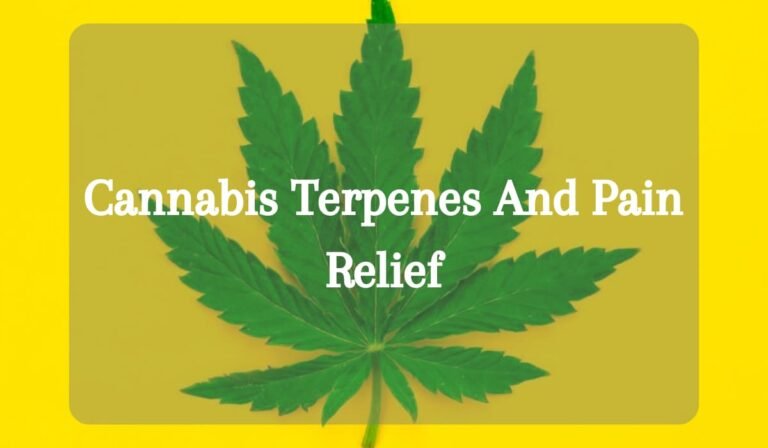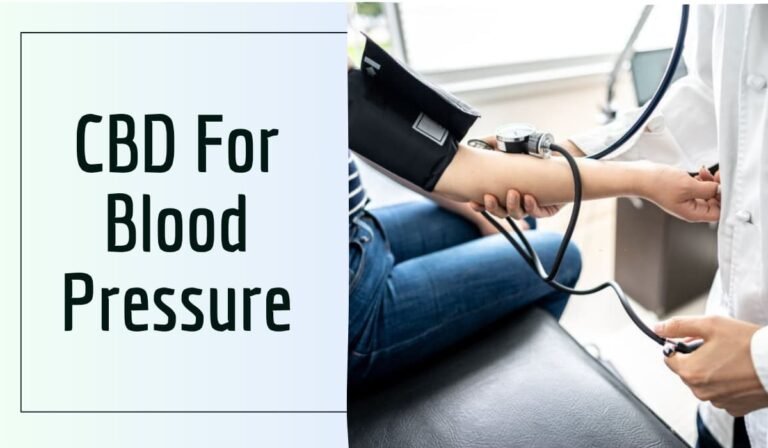CBDA And CBGA Benefits – A Comprehensive Guide To The Benefits Of Cannabinoids
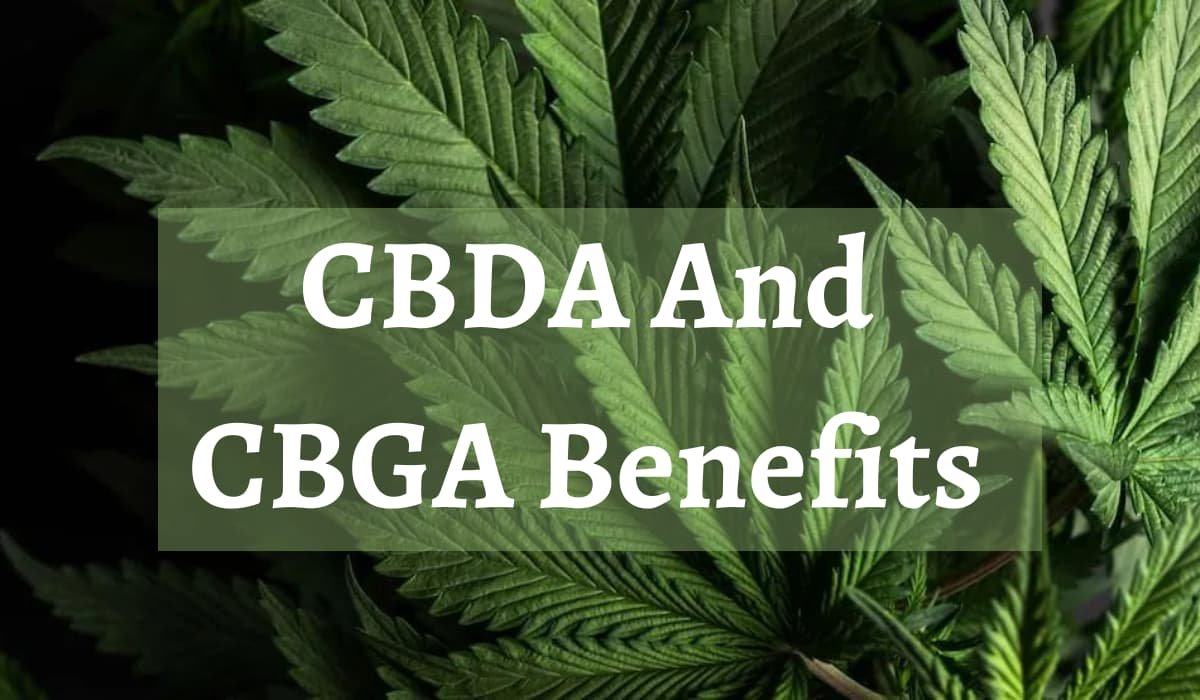
Cannabinoid is an active compound found in the cannabis plants, it interacts with the endocannabinoid system which is responsible for psychological and cognitive responses. THC is a hallucinogenic drug that produces a high sensation when it is consumed by smoking.
CBGA is a foundational compound of the cannabis flower and CBDA is synthesized from CBGA. CBGA is sometimes referred to as the mother cannabinoid because all the other cannabinoids such as CBD, CBDA, or THC are formed out of it. All cannabinoids affect the body by entering the endocannabinoid system. It triggers neurotransmitters and modulates the responses from the nervous system. It also helps to activate the immune system as well.
Continue reading this article to understand different cannabinoids and their biological effects and benefits.
What are cannabinoids?
As we have already mentioned below, Cannabinoids are primary active compounds found in the cannabis sativa plant which is the source of hemp and marijuana. CBD or cannabidiol does not contain Tetrahydrocannabinol (THC), the psychoactive compound that makes you high. It provides health benefits for pain, cancer, autoimmune diseases, etc.
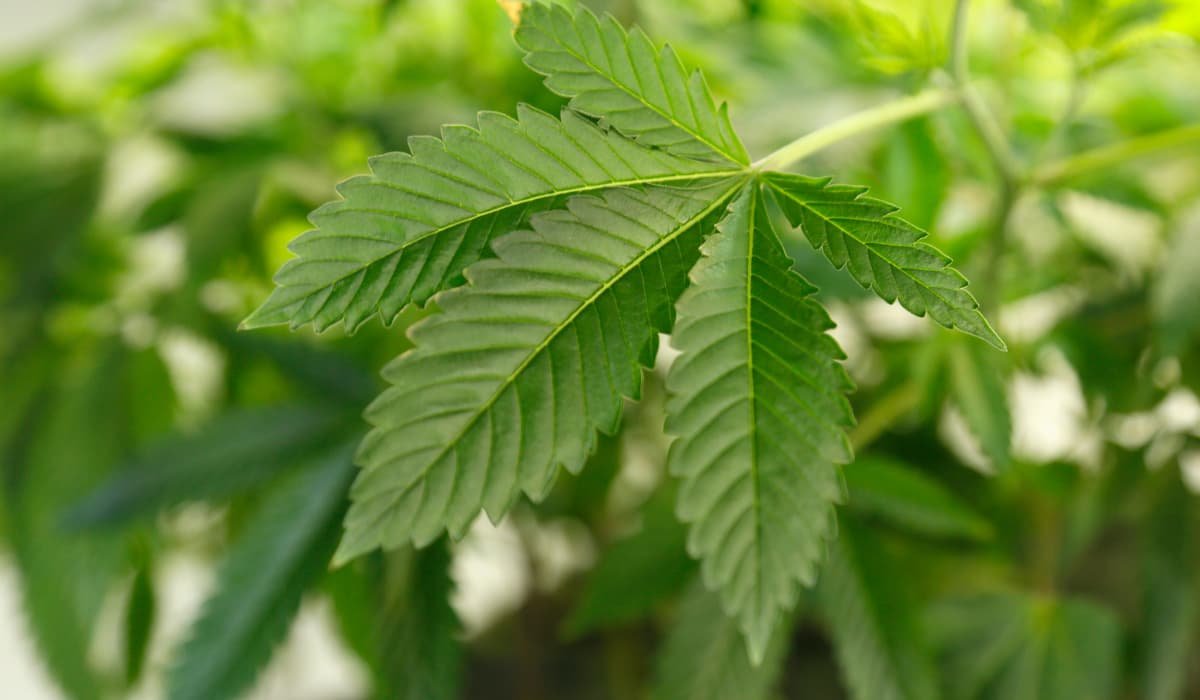
What are raw cannabinoids?
Raw cannabinoids like CBDA and CBGA are non-activated cannabis means that it has not undergone the decarboxylation process. It contains the acidic form of CBDA and CBGA. Raw cannabis is not psychoactive as it contains counterparts of tetrahydrocannabinol acid (THCA). Raw cannabinoids contain over 100 cannabinoids including fiber, calcium, and iron.
Do cannabinoids make you high?
As most people may wonder whether cannabinoids make you high, the answer is no. CBD is thought to have psychoactive effects but as it does not contain THC you won’t experience strong psychoactive effects.
Tetrahydrocannabinol (THC) is the major psychoactive compound found in cannabis plants. Smoking, vaping, or ingesting CBD with THC stimulates the part of your brain that unleashes a chemical called dopamine that gives you a high feeling.
What is CBDA and CBGA?
CBDA stands for Cannabidiolic Acid which is a non-psychoactive cannabinoid found in the cannabis sativa plant. CBDA is a compound that eventually becomes CBD by occurring in plants that are still growing. THC and CBD are extracted through the decarboxylation of THCA and CBDA. CBDA possesses certain medicinal effects such as relieving anxiety, increasing immunity, etc.
CBGA or Cannabigerolic acid is the acidic form of cannabigerol(CBG). It is a raw form of CBG and it is often referred to as the mother cannabinoid as it is the building block of major cannabinoids like THC, CBD, and CBC. Some of the therapeutic benefits of CBGA include treating glaucoma, stress, and anxiety.
CBDA vs CBGA: What’s the difference?
CBDA and CBGA are the variants of cannabinoids present in cannabis or hemp.
CBGA is a non-psychotic cannabinoid that is converted to all the other cannabinoids in the plant including CBD and THC. CBGA is the first molecule present in the cannabis plant and it produces three main cannabinoids during the starting phase of the molecular reaction like THCA (tetrahydrocannabinolic acid), CBDA (cannabidiol acid), and CBNA (cannabinol acid).
CBDA is a non-psychoactive cannabinoid present in the cannabis plant. It is derived from CBGA. The chemical compound of CBDA eventually becomes CBD. it is done through the process of decarboxylation. It has major therapeutic effects in treating inflammation, anxiety, nausea, etc.
Effects of CBGA and CBDA
CBGA works in the human body by activating the receptors of the endocannabinoid system. As CBGA is non-psychotic and does not provide the feeling of being high. It is also known to provide pain-relieving effects and calming sensations in the brain. The use of CBGA also helps to relieve stress and anxiety symptoms and reduce nausea. It also stimulates lipid metabolism and prevents excessive lipid accumulation.
Cannabidiolic acid is the carboxylated form of CBD. it is the most abundant phytocannabinoid acid found in the Cannabis sativa plant. CBDA is found to display potent antimicrobial effects. It also acts as an antidepressant. CBDA also helps to reduce nausea, improve sleep quality and reduce pain and inflammation.
The medicinal benefits of CBGA
Scientific studies had found that CBGA exhibits potential therapeutic effects in the human body by impacting the endocannabinoid system. Several research studies have shown the beneficial effects of CBGA in treating various ailments.
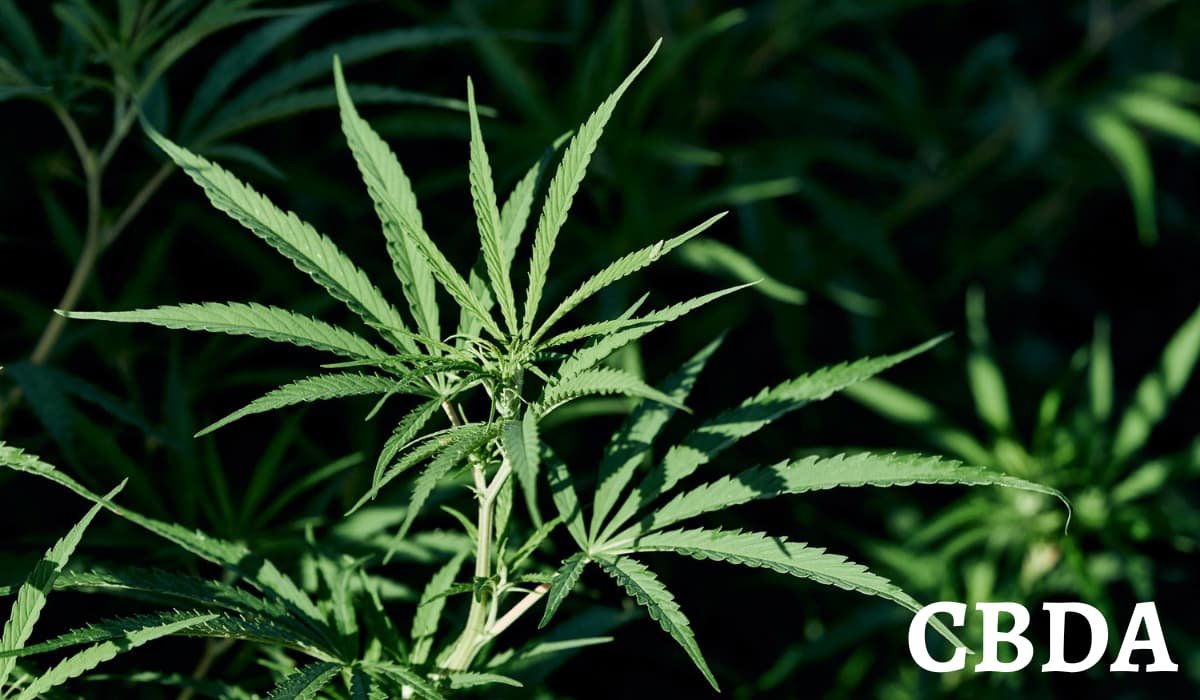
- Helps to support diabetes and heart health
CBGA produces an enzyme called aldose reluctance that helps to reduce glucose levels in the body. It also positively influences lipid metabolism. CBGA reduces the risk of oxidative stress by preventing the enzyme that causes oxidative stress.
- Increase metabolism
Several studies have shown CBGA can modulate receptors in the body and play a significant role in cellular metabolism. CBGA has significant effects in stimulating lipid metabolism and preventing the accumulation of excessive lipids by activating the receptor PPAR (peroxisome proliferator receptors). Increasing the metabolism in the body helps to raise inflammatory responses.
- Helps to control epilepsy
CBGA is widely used to alleviate epileptic seizures as it has potential anticonvulsant effects against hyperthermia. CBGA is considered an alternative method for reducing or preventing epileptic seizures.
- Prevents glaucoma
Researchers have found the use of CBGA can reduce glaucoma because it reduces the intraocular pressure in the eyes. It also maintains eye pressure while providing necessary nutrition for the eyes.
The medicinal benefits of CBDA
CBDA has multiple therapeutic effects. The following are the common ways where CBDA is used medically:
- Anti-inflammatory effects and pain relief
The Cyclooxygenase (Cox) enzyme 2 causes inflammation. CBDA can act as a COX-2-inhibitor that has potent anti-inflammatory effects that help to reduce inflammation and better pain management.
- Anti-tumor effects
CBDA has the potential to shrink tumors and inhibit the growth of cancer cells in the body by preventing their multiplication of it.
- Anti-depressant and stress-relieving effects
CBDA affects the neuroreceptors in the brain which stimulates the serotonin in the body. CBDA helps to control anxiety and depression by providing calming effects in the brain. CBDA works by influencing the neurotransmitters involved in mood regulation to control stress and anxiety.
- Effective in treating nausea
CBDA helps to prevent nausea caused by toxins or motion sensitivity. It potently reduces nausea and vomiting by interacting with the serotonin receptors.
CBDA and CBGA – how do they work?
CBDA is a raw cannabinoid that is less active in the brain while they still remain in the gut. CBDA indirectly interacts with the endocannabinoid system and helps to support healthy energy levels, manage stress and anxiety, etc. studies have also found its anti-tumor effects.
By interacting with other cannabinoids, the CBGA creates an entourage effect. An entourage effect means how cannabinoids react when interacting with other cannabinoids. Studies have also shown that CBGA inhibits an enzyme called aldose reductase that helps to reduce the glucose levels in the body.
How do you take CBDA and CBGA?
CBDA is relatively present in most cannabis products such as raw CBD oil, CBDA capsules, and CBDA tinctures. Raw CBD oils indicate that the decarboxylation process has not occurred which means CBDA is present in them. CBGA can be consumed orally by placing a few drops under the tongue.
Are CBDA and CBGA present in CBD Oil?
Both CBDA and CBGA are deficient in CBD oils where CBD is highly present in them. The reason for this is that CBD is produced from the decarboxylation process of CBDA.
Side effects of CBDA and CBGA
Scientific trials and research specifies possible side effects of CBDA. While hemp-derived cannabinoids are well tolerated by most people. For some people, there is a possibility of developing side effects like dry mouth, appetite loss, fatigue, diarrhea, etc. CDBA is dose-dependent but there are possible side effects that may occur from taking too much CBDA.
Based on a survey conducted on the patients who were using CBGA to treat sleep deprivation, inflammation, stress, and anxiety has developed side effects such as dry mouth, hunger, dry eyes, etc.
Final thoughts
Even though CBDA and CBGA possess similar qualities, it is different from one another. Cannabinoids are the most potent chemical compounds found in the cannabis plant that effects the endocannabinoid system in the body. These cannabinoid receptors can impact the working of the central nervous system and immune system.
Cannabidiolic acid is a non-psychoactive compound produced by the cannabis plant. CBDA is mostly found in raw and unprocessed cannabis plants and it is an acidic form of CBD.
Cannabigerol acid (CBGA) is the acidic form of cannabigerol (CBG) when exposed to the decarboxylation process. it is the first biogenetic phytocannabinoid which is the building block of THCA, CBDA, CBCA, and CBG. It has antibacterial and antifungal effects and acts as an antidepressant. Different enzymes convert CBGA to various cannabinoids, including CBDA.
Contrary to popular belief CBDA and CBGA are both powerful chemical compounds that provide promising effects in treating physical and mental ailments. It has impacts on treating stress, and depression and impacts the working of intestines, metabolism, and nerve cells.
Dr. Edward Zelman
Dr. Edward Zelman is a distinguished and highly respected medical professional who has dedicated his career to the field of general medicine. With a profound commitment to patient care and a wealth of knowledge acquired over decades of practice, Dr. Zelman has earned a reputation as a trusted healthcare provider in his community. With a career defined by excellence and an unwavering commitment to the betterment of his patients and the broader community, Dr. Edward Zelman stands as a pillar of the medical field, dedicated to the principles of healing and compassionate care. At present, Dr. Edward Zelman is researching safe and effective natural remedies that can restore as well as maintain the youthful functioning of the body.
View All By Dr. Edward

